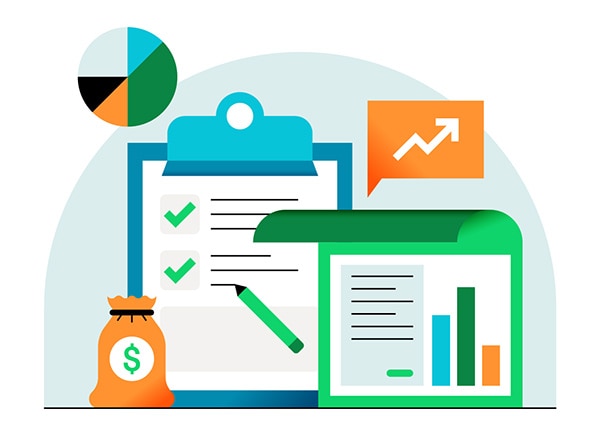If you’re thinking about opening your own business, forming a sole proprietorship is likely your easiest option.
As a sole proprietor, you have full control over the business; there is no legal distinction between you and the business, and you receive all the profits while being responsible for all its debts and liabilities. In short, as soon as you start your business activities, you are a sole proprietor by default. However, there are a few steps you need to take in order to make it all legal.
Forming a sole proprietorship is relatively easy and inexpensive, and once you have formed one, you are free to move forward with business objectives, such as hiring staff, opening a storefront and promoting your business.
Follow the simple steps below to become a sole proprietor, or click here to see a general overview of a sole proprietorship’s pros and cons. To see if another type of business is a better option for you, see our video series on choosing the right business entity.








